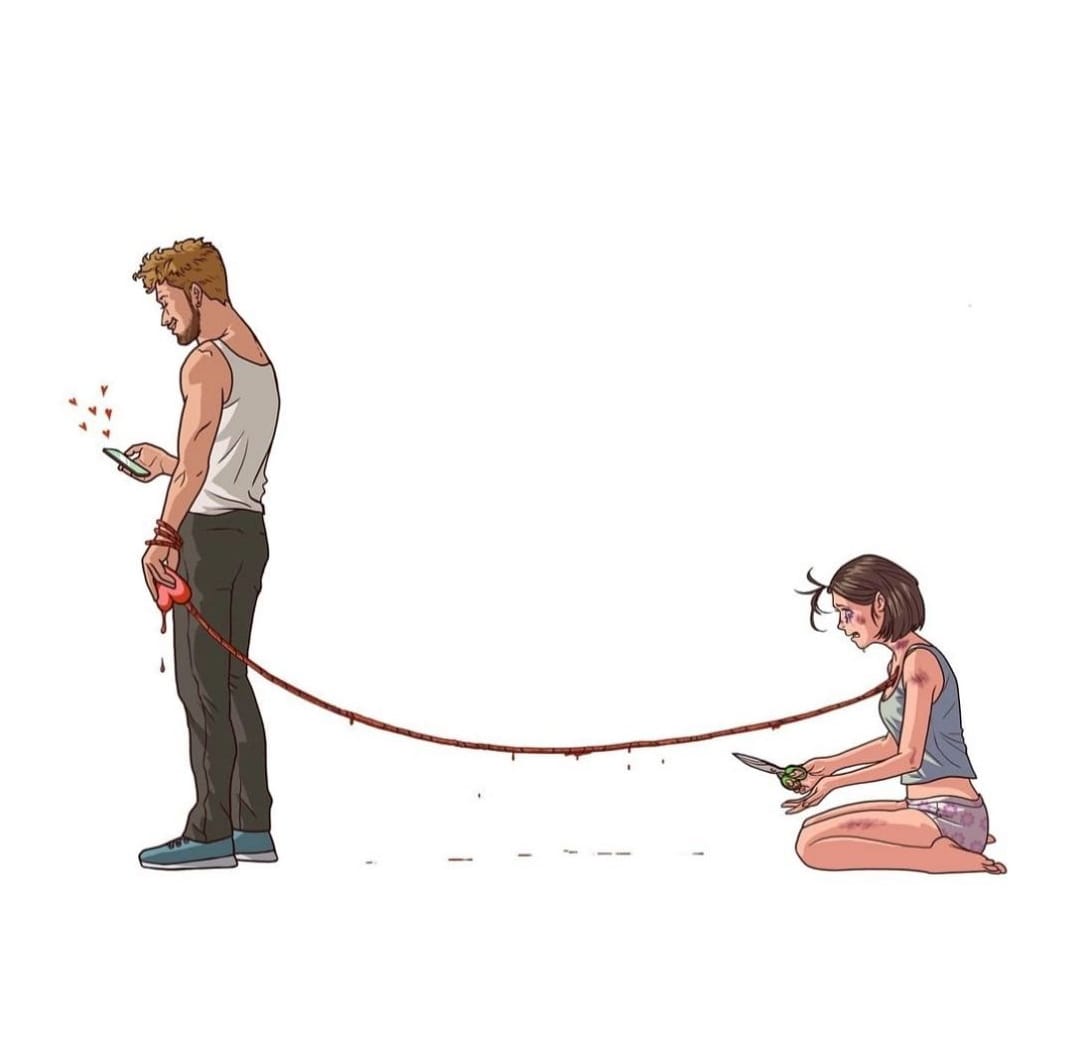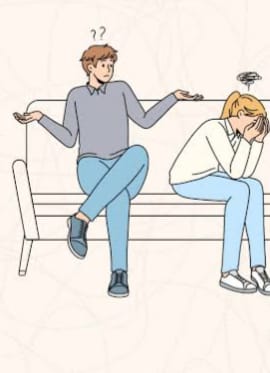Trapped in a Narcissistic Relationship? Recognize the Signs and Reclaim Your Self-Worth

Attachments, relationships, care, and acceptance are essential human needs, and we all strive to fulfill them in meaningful ways. No matter what we say, we all need our close ones to care for us, be attached to us, and make us feel valued and loved. When deeply involved in a relationship, we often prioritize the desires and needs of our partners. But what happens when the person you're with exhibits narcissistic behavior patterns, using you solely to meet their own needs? Recognizing these patterns is crucial for your emotional and social well-being.

In a narcissistic relationship, the initial phase is often overwhelmingly positive, leaving the individual feeling grateful for finding such a perfect partner. This phase, known as "love bombing," involves intense attention, validation, grand gestures, and promises of a perfect future together. However, once this phase passes, the narcissist often begins to neglect essential aspects of a healthy relationship—such as empathy, compassion, kindness, and consideration. As this shift occurs, the partner starts questioning what went wrong. They may wonder why things aren't working as they once were, often blaming themselves.
This is a key dynamic in narcissistic relationships: self-blame. Fear of losing the relationship or the anxiety of being alone compels the partner to justify the narcissist's behavior, even when it's clearly unhealthy. They may find themselves excusing yelling, blaming, disrespect, manipulation, or even abuse. These justifications sound something like, "He's the one for me," or "He's the only person I have."
Over time, this creates an increasingly uncomfortable and toxic space to inhabit. Such relationships are often defined by manipulation techniques like gaslighting (making the partner doubt their reality), minimization (downplaying concerns), and frequent displays of rage, dismissiveness, and entitlement. The constant invalidation leaves the partner feeling trapped. When the partner finally decides to leave, the narcissist might lure them back by re-expressing concern, attention, and validation because they need someone to continue feeding their ego and prioritizing their needs. Unfortunately, this leads to a repeated cycle of abuse.
Dear readers, it's essential to recognize and understand these harmful behavior patterns. If you find yourself stuck in a narcissistic relationship and struggle to break free, seek professional help to begin your healing journey before it’s too late. You should feel loved without feeling like you’re begging for it. Keep and value yourself over anything because you are incredible.

